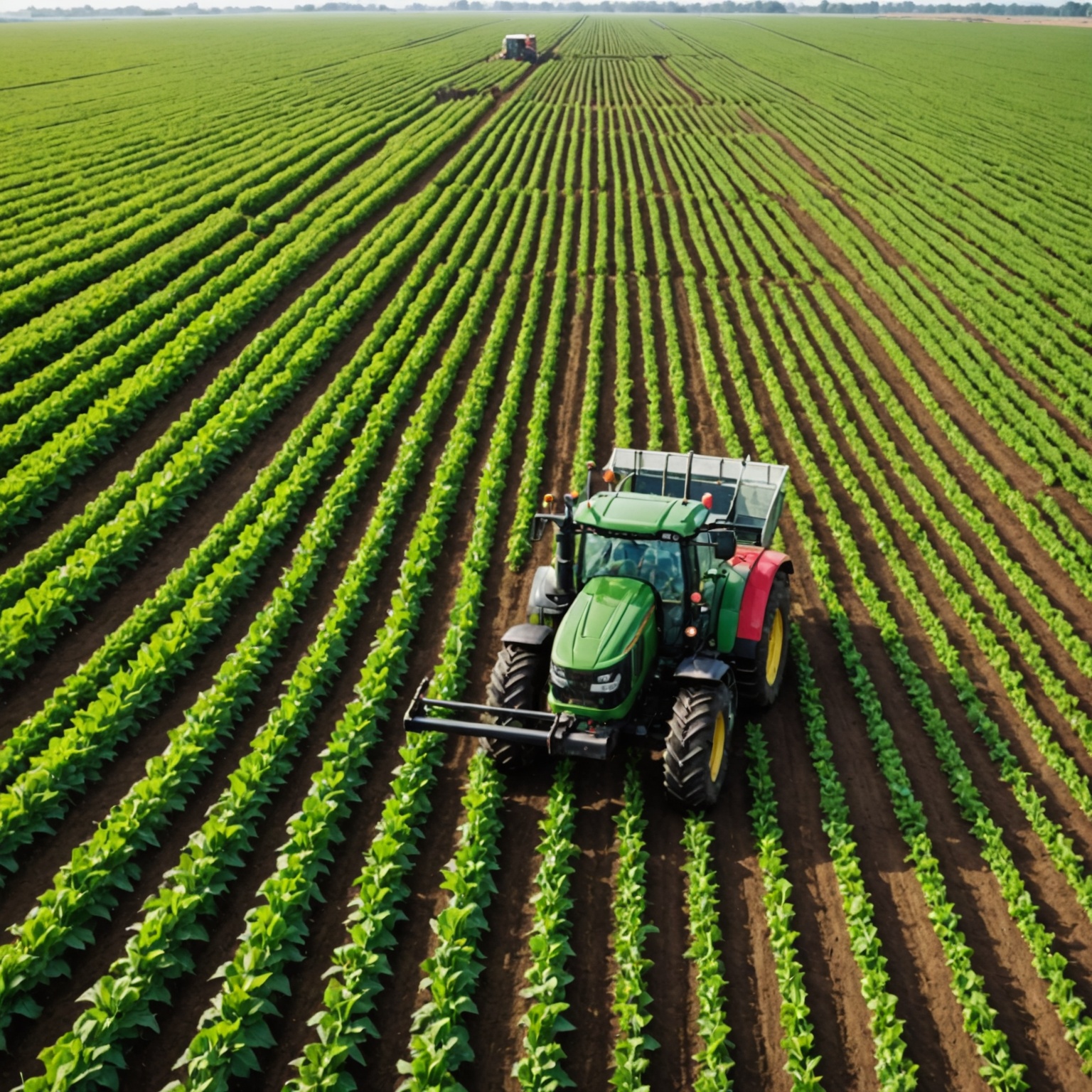Global Food Security Challenges in 2023

Global Food Security Challenges in 2023
In 2023, global food security faces unprecedented challenges, intensified by a complex interplay of socio-economic, environmental, and political factors. This article examines the critical threats to food security and explores both the economic impacts and potential strategies for mitigation and adaptation.
Understanding Food Security
Food security entails ensuring that all people, at all times, have physical, social, and economic access to sufficient, safe, and nutritious food that meets their dietary needs and food preferences for an active and healthy life. Its foundations are built on four pillars: availability, access, utilization, and stability.
The concept of food security is dynamically intertwined with global systems, influenced by everything from local agricultural practices to international trade policies. As we dive deeper into the factors affecting food security, it becomes evident that the solutions are as interconnected as the problems.
Economic Factors Influencing Food Security
Economic instability, fluctuating market prices, and unequal food distribution are significant economic factors that compromise food security. The ripple effects of economic downturns often lead to reduced access to nutritious food, especially for vulnerable populations in both developing and developed countries.
Inflation and unemployment can exacerbate food insecurity as fewer people can afford the rising costs of basic food staples. Strategic interventions in economic policies and international aid can play pivotal roles in stabilizing food prices and ensuring equitable food distribution.
Climate Change and Environmental Impact
Climate change remains a formidable threat to food security. Extreme weather events, such as droughts, floods, and hurricanes, severely affect agricultural productivity. The reliance on rain-fed agriculture in many parts of the world heightens vulnerability to weather anomalies.
Adapting agricultural practices to be more resilient and sustainable can mitigate some of these impacts. This includes integrating modern farming technologies, improving water management, and adopting climate-resistant crop varieties.








